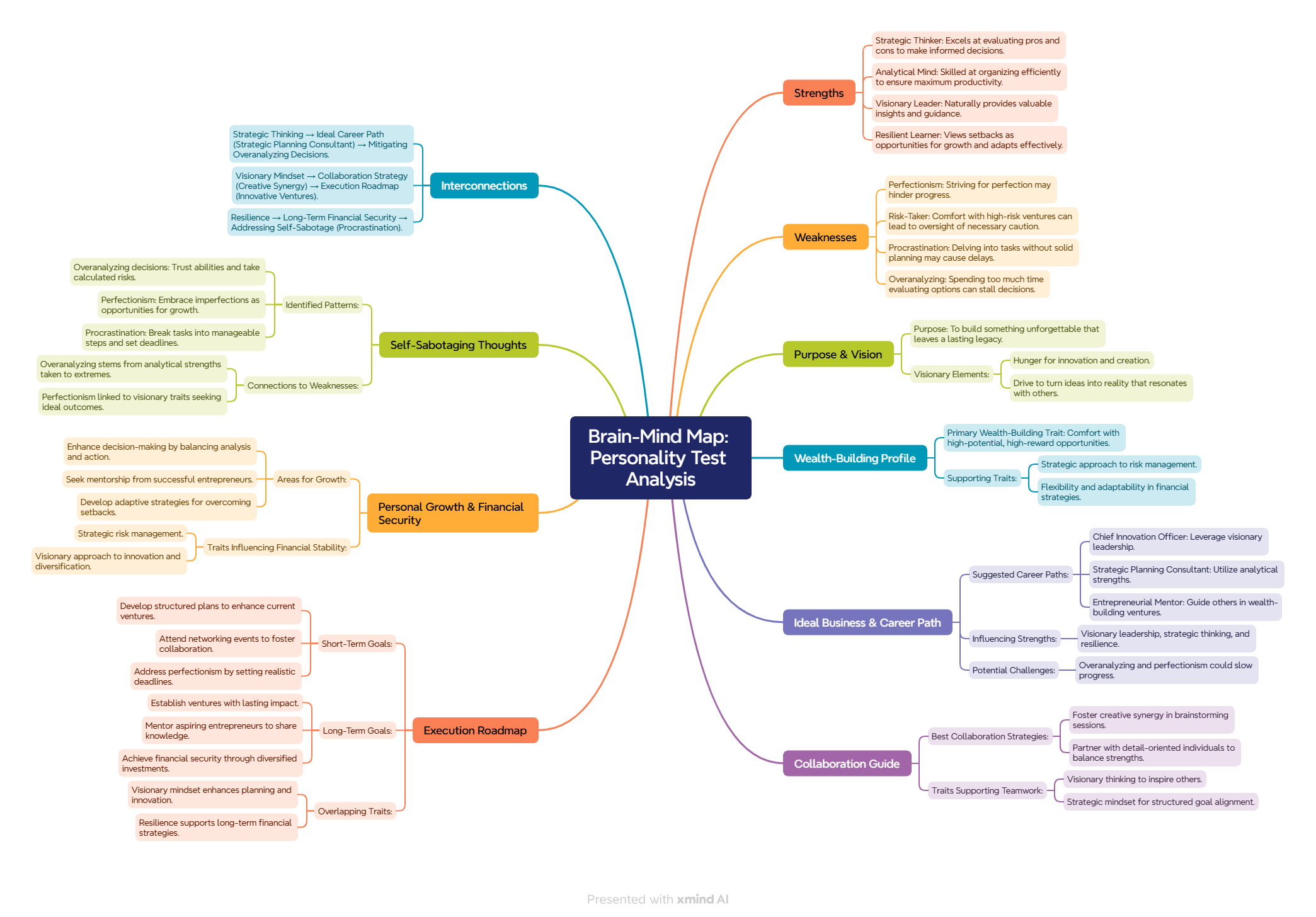Sleep is a fundamental aspect of human health, serving critical roles that extend beyond mere rest. It encompasses various stages, each playing a vital part in the body’s restoration and functioning. These stages include Rapid Eye Movement (REM) sleep and Non-REM sleep, which together cycle throughout the night. During Non-REM sleep, the body engages in restorative processes such as tissue growth and repair, immune function enhancement, and energy conservation. Conversely, REM sleep is crucial for cognitive functions like memory consolidation and emotional regulation. The undisturbed progression through these stages is essential for overall health.
The body’s biological rhythms, governed by the circadian cycle, dictate the timing of sleep and waking. This internal clock is influenced by external factors like light exposure and lifestyle habits, which can impact sleep quality and duration. Adequate sleep synchronizes these rhythms, fostering not only physical health but also mental well-being. Research demonstrates that insufficient sleep can lead to increased levels of stress hormones, such as cortisol, and a disrupted balance of hunger-regulating hormones, namely ghrelin and leptin. This hormonal imbalance can prompt increased appetite and weight gain, highlighting the connection between sleep deprivation and obesity.
Effective sleep promotes proper metabolism, aiding in the body’s ability to regulate glucose levels and maintain energy equilibrium. Furthermore, restorative sleep enhances cognitive functions and mood stabilization, contributing to better decision-making and healthier lifestyle choices. In essence, acknowledging the importance of sleep is critical in our quest for overall health and effective weight management. Prioritizing sufficient and quality sleep is not just beneficial but essential for sustaining a healthy body and mind.
The Science Behind Sleep Deprivation
Sleep deprivation significantly impacts both physiological and psychological processes within the body. When an individual fails to obtain adequate sleep, multiple systems are affected, leading to a cascade of negative outcomes. One of the primary consequences of insufficient sleep is the alteration of energy levels. Reduced sleep time often results in decreased energy, making physical activity less appealing, thereby affecting one’s overall metabolic rate and increasing the likelihood of weight gain.
Moreover, sleep deprivation has been shown to influence mood and cognitive function. Individuals who do not receive enough restorative sleep often report feelings of irritability, anxiety, and depression. Cognitive faculties such as memory, attention, and decision-making are also impaired. This cognitive decline can hinder judgment regarding food choices, prompting individuals to opt for unhealthy, high-calorie foods instead of making more nutritious decisions, which in turn contributes to weight gain.
The stress response is another critical factor linked to sleep deprivation. When the body is deprived of sleep, it raises levels of cortisol, a hormone closely associated with stress. Chronic elevation of cortisol can lead to increased appetite, particularly for high-carbohydrate and high-fat foods, as a person’s body craves quick sources of energy to compensate for the exhaustion. This hormonal imbalance resulting from insufficient sleep complicates weight management efforts, as it encourages a cycle of overeating and reduced energy expenditure.
Additionally, sleep deprivation affects the hormones that regulate hunger. Ghrelin, which stimulates appetite, is increased, while leptin, responsible for signaling satiety, decreases. This imbalance creates a perfect storm for overeating, which can further lead to weight gain and obesity over time. It is essential to recognize the profound effects of sleep deprivation on mental and physical health for better weight management strategies.
Hormones That Influence Appetite and Weight Gain
Sleep plays a crucial role in regulating hormones that influence appetite and overall weight management. Notably, two key hormones, ghrelin and leptin, are heavily impacted by the quality and quantity of sleep an individual receives. Ghrelin, often termed the “hunger hormone,” signals the brain to induce feelings of hunger, while leptin, known as the “satiety hormone,” communicates to the brain when the body has enough energy reserves, thereby promoting a sense of fullness.
Research indicates that sleep deprivation leads to an increase in ghrelin levels. When an individual does not receive sufficient sleep, the body tends to release more of this hormone, which can result in heightened appetite and cravings for high-calorie foods. Concurrently, sleep loss is associated with decreased levels of leptin, diminishing the signals that inform the brain about satiety and fullness. This hormonal imbalance creates a scenario where individuals feel hungrier and are less likely to recognize when they are truly full, which can contribute to overeating and ultimately, weight gain.
Additionally, the interplay between these hormones is exacerbated by other factors related to sleep deprivation, such as increased stress levels. Elevated stress can lead to higher cortisol levels, which may further stimulate appetite and drive cravings for unhealthy foods. The combination of increased ghrelin, decreased leptin, and heightened stress can create a perfect storm for weight gain, making it challenging for individuals who are sleep deprived to maintain a healthy weight.
This understanding of hormonal influence emphasizes the importance of prioritizing sleep in the context of weight management. By ensuring adequate rest, individuals can help regulate these critical hormones and support healthier eating behaviors, ultimately aiding in weight control.
The Connection Between Poor Sleep and Food Choices
Sleep deprivation has profound implications for an individual’s food choices and cravings, significantly affecting dietary patterns. Research has established that when individuals experience inadequate sleep, their preference for high-calorie, sugary foods tends to increase. This shift is linked to alterations in hormone levels that regulate appetite, such as ghrelin and leptin. Ghrelin, which stimulates hunger, tends to rise, while leptin, responsible for signaling satiety, decreases. The outcome is a heightened appetite, compelling individuals to seek out unhealthy food choices.
Furthermore, the brain’s reward system plays a pivotal role in this phenomenon. Sleep deprivation has been shown to enhance the brain’s response to food-related stimuli, particularly those rich in fats and sugars. The heightened desire for these foods can be understood through the lens of behavioral neuroscience. The brain releases dopamine in response to food, particularly calorie-dense options, which makes them more appealing post-sleep deprivation. This neurochemical reaction elevates the likelihood of choosing unhealthy snacks over more nutritious options.
In addition to physiological factors, psychological elements contribute to poor food choices. For many individuals, lack of sleep exacerbates stress levels and emotional instability. Consequently, many may resort to stress eating as a coping mechanism. The impulse to choose comfort foods—typically high in sugar and fat—can become particularly pronounced during periods of sleep deprivation. This behavior is often linked to the emotional regulation difficulties that arise from chronic sleep loss. Impulsivity can further hinder decision-making processes, making it more difficult for individuals to resist unhealthy food options.
Altogether, the interplay between poor sleep and food choices underscores the importance of adequate rest in maintaining a balanced diet. The tendency to gravitate towards high-calorie foods during sleep-deprived states not only promotes unhealthy eating habits but also contributes to weight gain over time.










